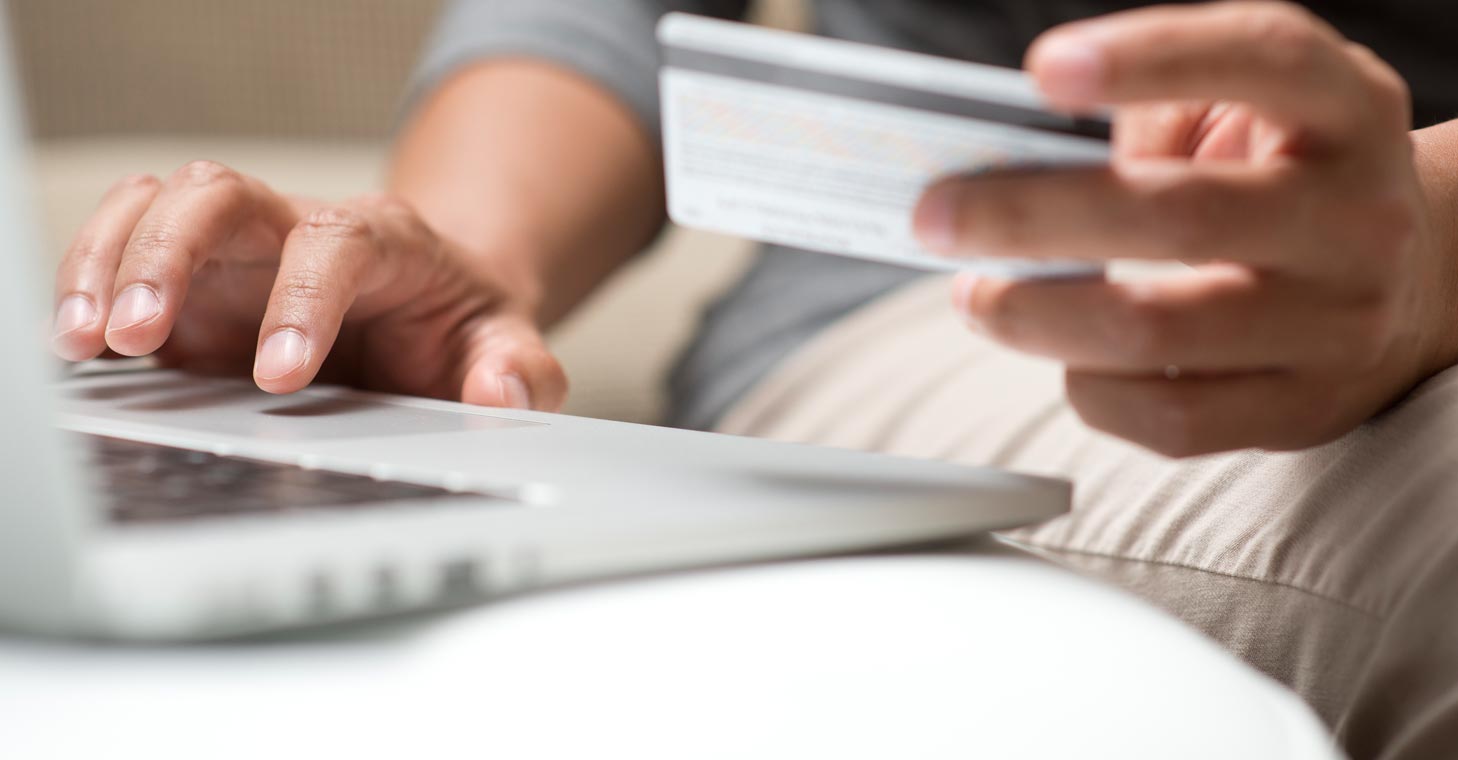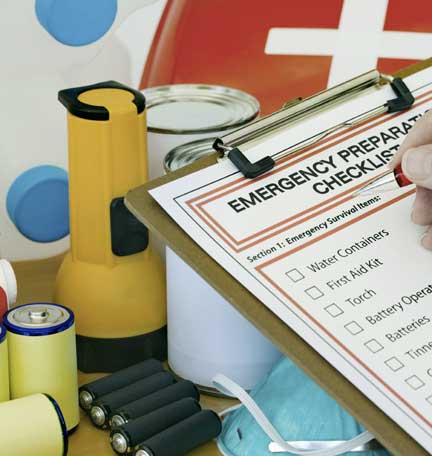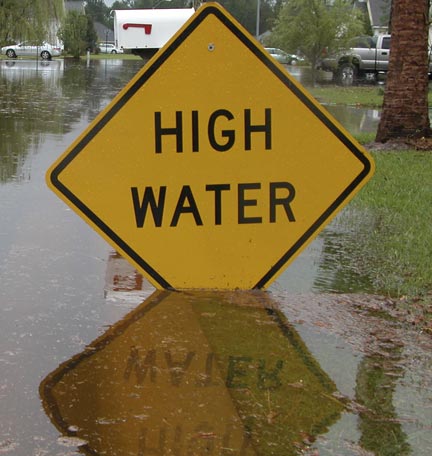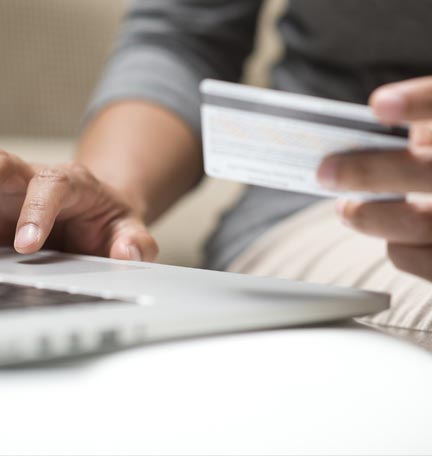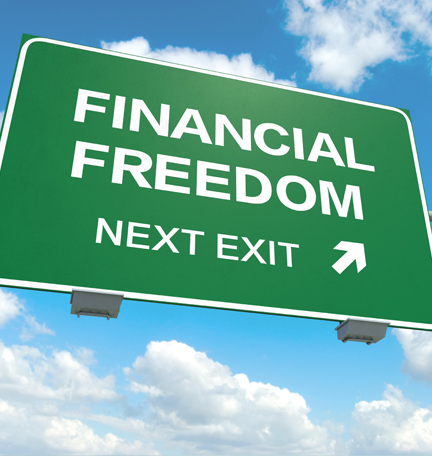You may find the possibility of a scam compromising your financial accounts unnerving, but there are many ways you can protect yourself. Here are some tips to help reduce your risk.
- Review your accounts. Check your credit card and banking accounts on a regular basis to ensure that there are no unauthorized charges. To help you catch fraudulent charges quickly, monitor your online or mobile banking accounts daily.
- Change your account passwords. Switch out your passwords on sensitive accounts frequently, and make sure not to use the same password for multiple accounts.
- Use online transactions with caution. When shopping online, always make sure you are using a secure internet connection, and avoid using public Wi-Fi.
- Confirm all financial communication. Be wary of common scams such as phishing, a process in which scammers send emails posing as a bank and ask you to update or confirm your account information. Always contact your bank directly to ensure that your account information does not fall into the wrong hands. Also, remember that the IRS will never initiate contact with you via email, text, or social media to demand personal or financial information.
- Check your credit reports. At least once per year, check your credit report from Equifax, Experian, and TransUnion to make sure all your information is up to date and all your accounts are accurate. You can access your free report each year from AnnualCreditReport.com, but be cautious of lookalike sites that may charge unnecessary fees.
- Monitor your credit. You may also want to sign up for a credit monitoring service, which immediately alerts you to any activity relating to your credit history and accounts. This can be helpful in detecting suspicious inquiries or identity theft.
- Properly dispose of documents. If you are throwing away old bank statements or other paperwork with sensitive information such as account numbers, social security numbers, personal identification numbers, etc., make sure to shred everything before disposal.


